Is There a Better Way
is built on Campassion and Neuroscience
Join now to be part of our 12-week family ITaBW program where we will go on a journey together to better understand why people behave in challenging ways and how we can support them and yourself to lead the best life possible.
Included in the 12-week program:
- 12 weeks of self-paced and guided learning
- Access to 6 chapters of information equivalent to around 10 hours of learning
- Access for 12 Months from the start of the course
- 4 group zoom sessions where we can connect and explore your personal needs
- Program booklet
- Access to other resources and tools you can use
The next program will be starting on 21st February 2022, so get in quick to register your interest!
Once you've enrolled, we will be in touch with more details in the run up to the start of the course.
What you will learn in this course
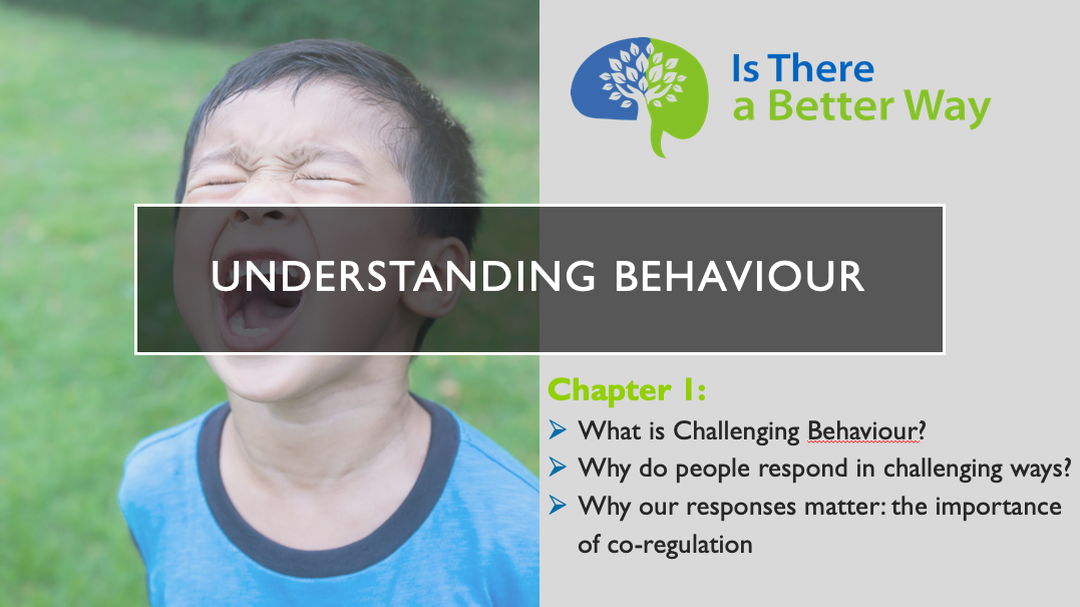
Chapter 1
Understanding Behaviour
Our introduction chapter will have us explore what we mean by challenging behaviour, and start to explore what might influence a person to need to engage in these behaviours. We have a closer look at the way our brain and bodies work in response to stress and how this can lead to behaviours that may concern us.
Chapter 2
When our needs are not met
We know that we experience stress and sometimes engage in behaviours when our underlying needs are not met. But what are those underlying needs?
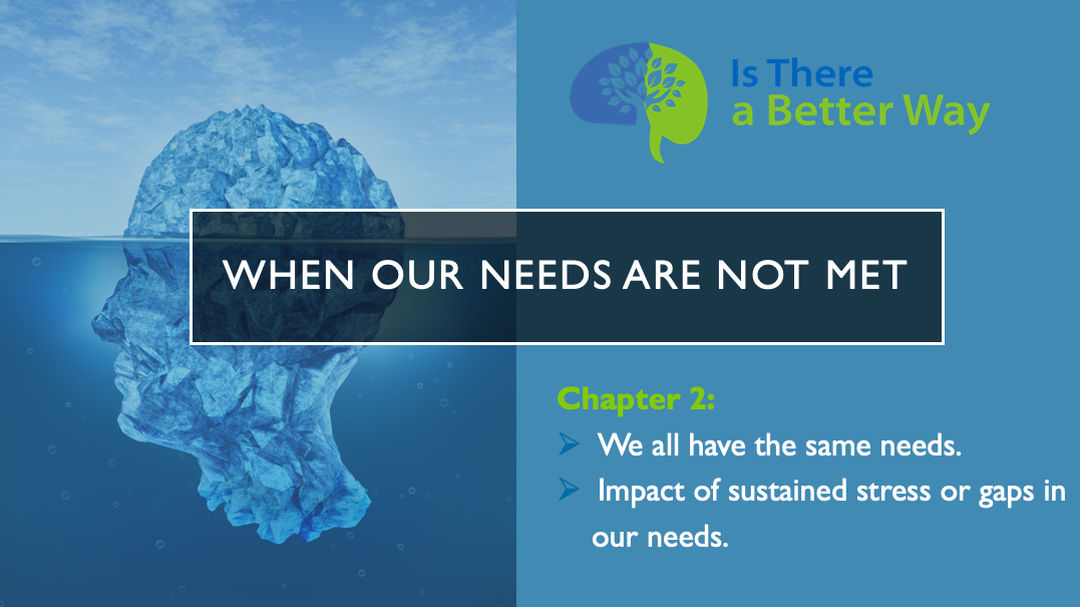
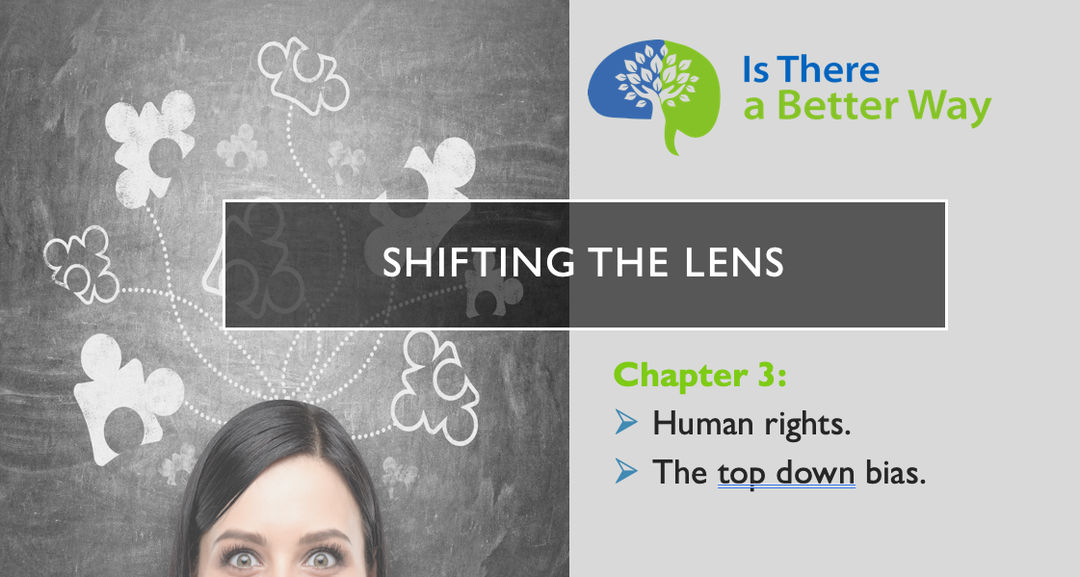
Chapter 3
Shifting the lens
Our introduction chapter will have us explore what we mean by challenging behaviour, and start to explore what might influence a person to need to engage in these behaviours. We have a closer look at the way our brain and bodies work in response to stress and how this can lead to behaviours that may concern us.
Chapter 4 (Part 1)
Supporting needs and reducing stress
In this chapter we start to explore how to build supports to meet underlying needs in relationships, health and sensory regulation.
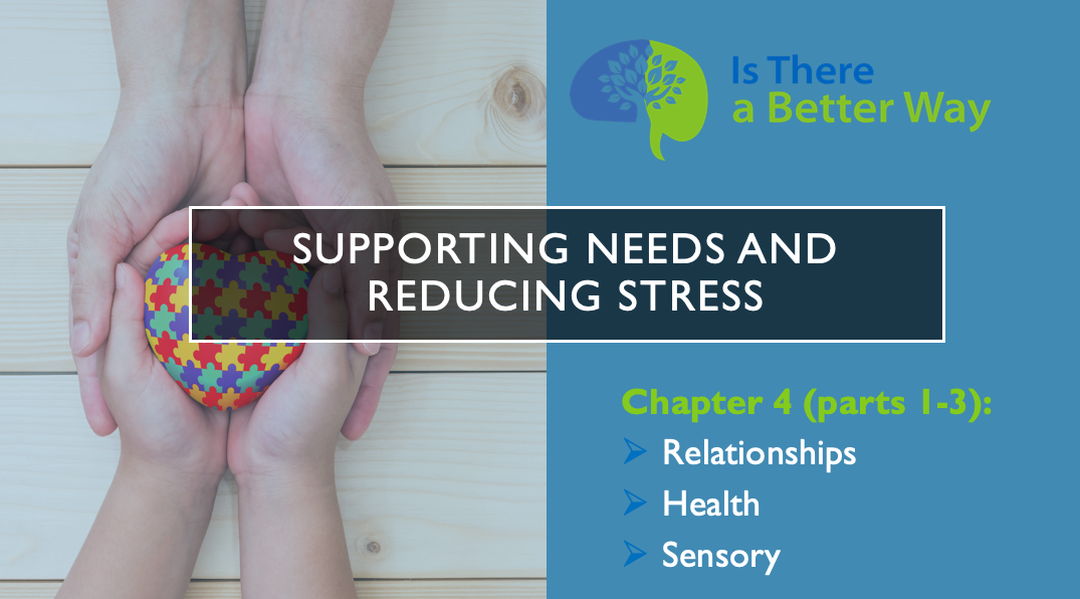
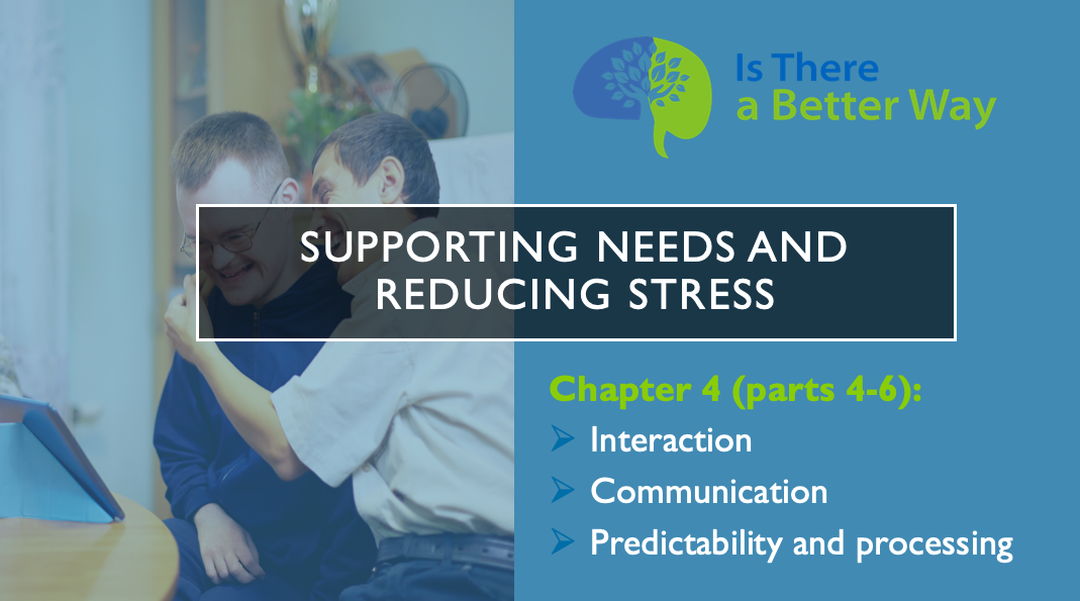
Chapter 4 (Part 2)
Supporting needs and reducing stress
We continue our discussion about underlying needs, discussing how to build supports to meet needs for interaction, communication, predictability and processing.
Chapter 5
A co-regulation approach
Effective support is based on helping people be regulated. We discuss how regulation develops and how we can best support and respond when our loved one is stressed, anxious, upset.
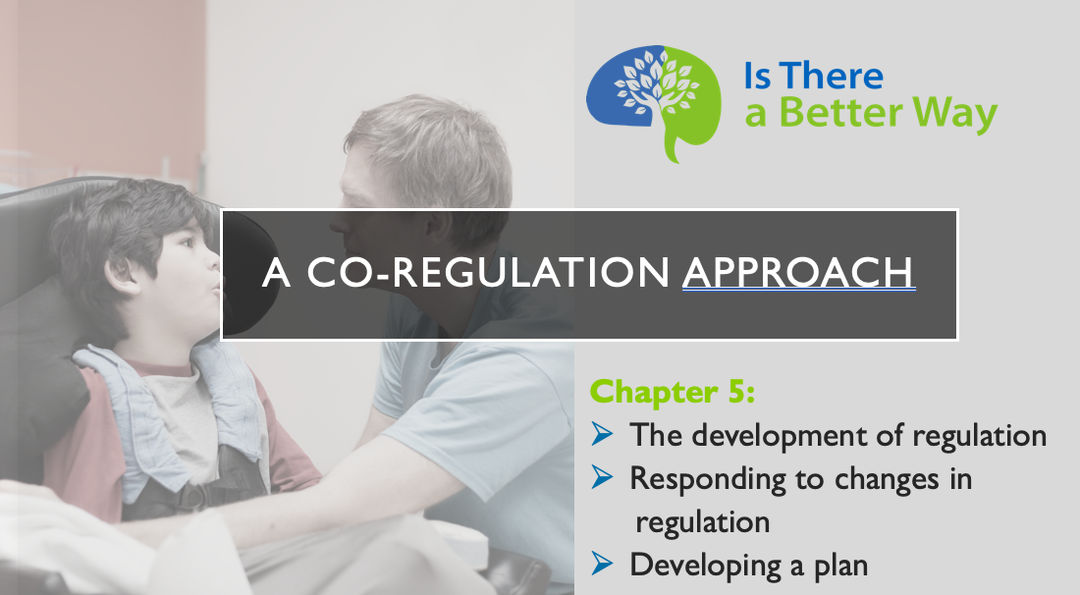
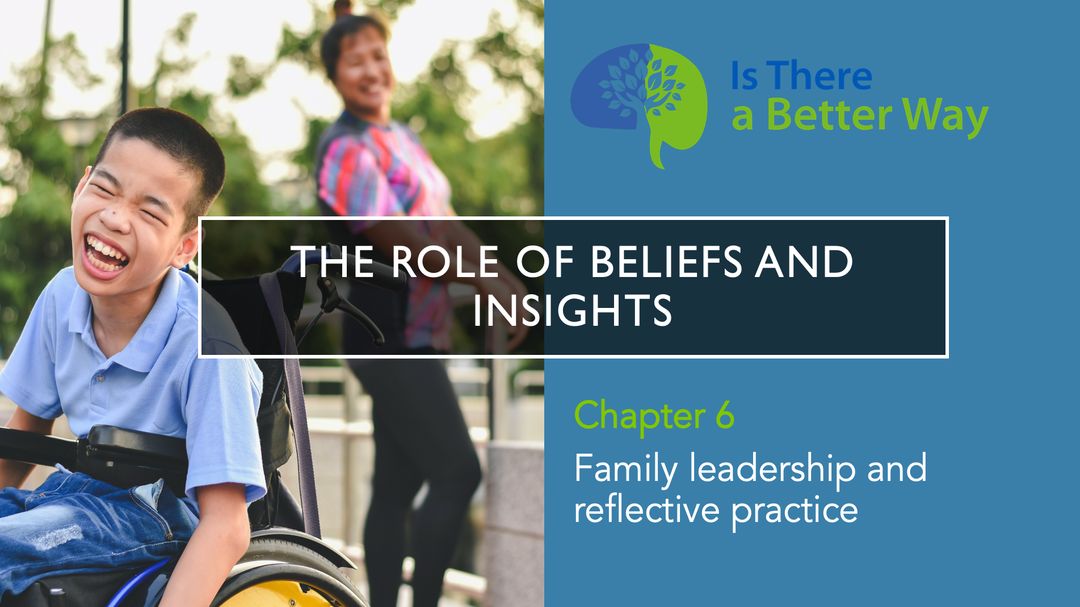
Chapter 6
Family Leadership
Our last chapter helps us pull all the information together and think about how you, as the most important and knowledgable person in your son or daughter's life can lead the way in planning and advocating for the best support approaches and services that make sense to your family.
